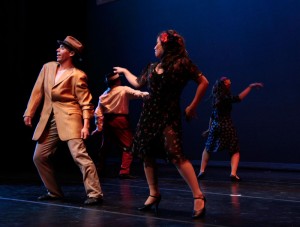We can choose to use our lives for others to bring about a better and more just world for our children. People who make that choice will know hardship and sacrifice. But if you give yourself totally to the non-violence struggle for peace and justice, you also find that people give you their hearts, and you will never go hungry and never be alone. And in giving of yourself, you will discover a whole new life full of meaning and love. César Chávez, Founder, United Farm Workers of America (UFW)
March 31, 1927 – April 22, 1993
EL PASO, Texas — Upon my return to Texas as a young man after completing my Naval duty, I began to hear stories about César Chávez. In spring 1966, Archbishop Robert Lucy of San Antonio appointed me to head the Bishop’s Committee for the Spanish Speaking and to help the melon strikers in Rio Grande City, Starr County, in South Texas. Although I would not meet César personally until 1985, during his work to eliminate dangerous pesticides, his vision for justice and his leadership of the United Farmworkers of America in the 1960s and 1970s strongly influenced my community activism within the Chicano Movement. My personal experience
Starr County rural communities were the most impoverished in the United States. I organized food and clothing drives in San Antonio and Austin for the striking farmworkers there.
